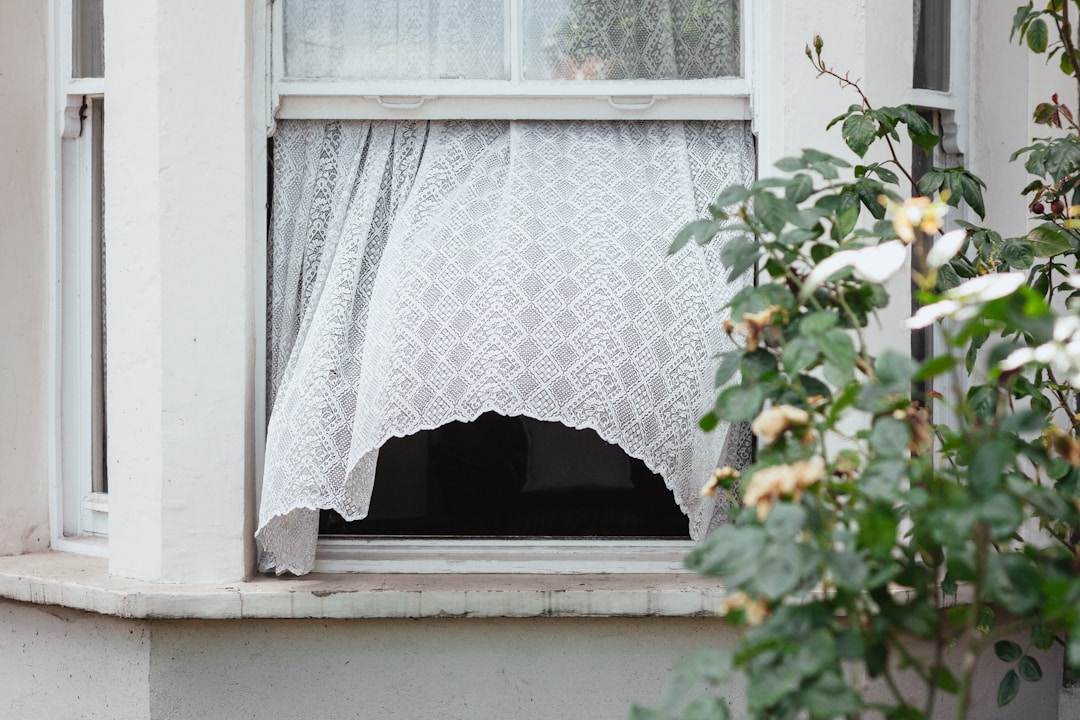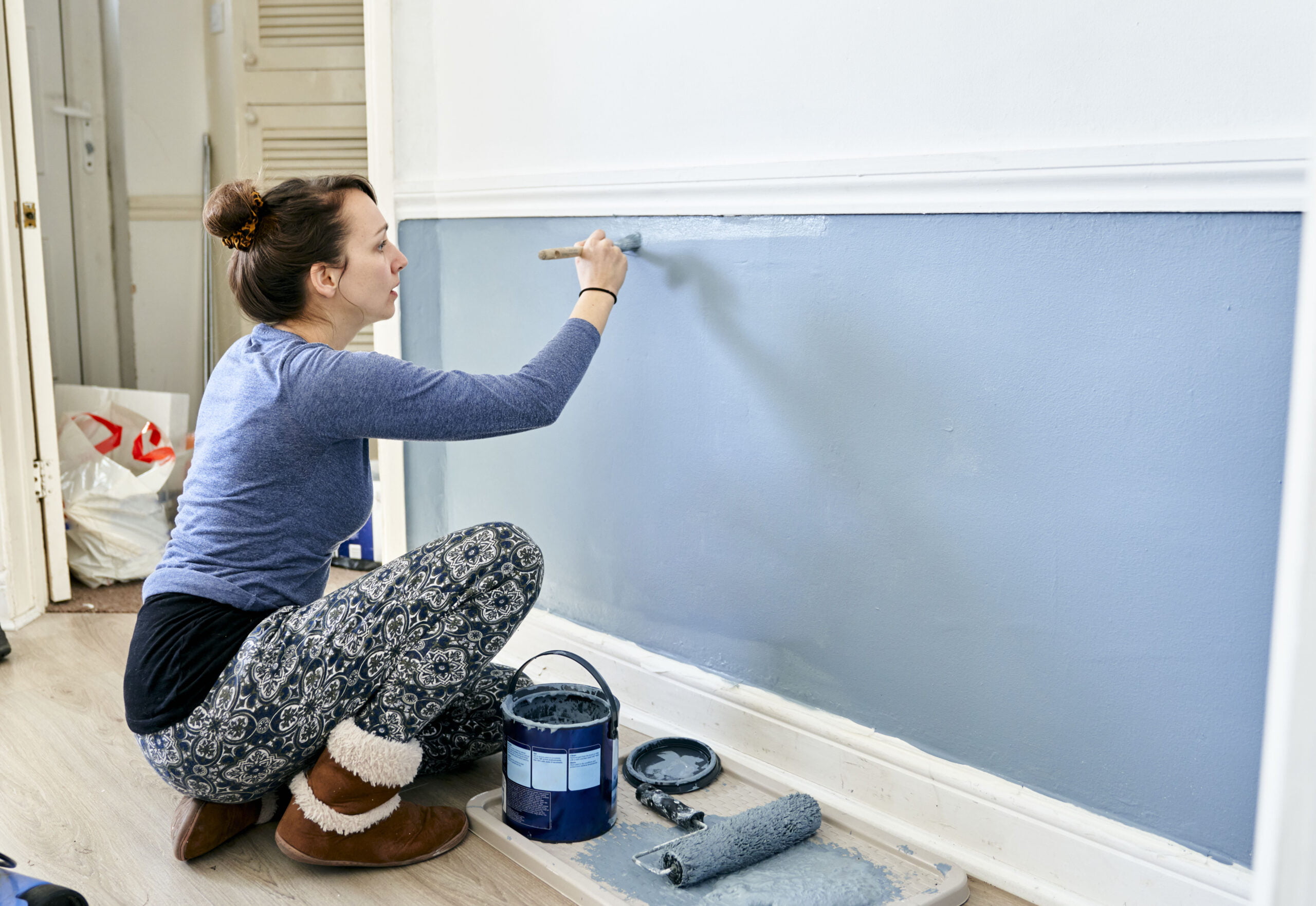In many ways, your home’s ducts are similar to a person’s lungs. Air ducts are vital features of a home. They are crucial to heating, ventilation, and air conditioning (HVAC) systems, as they are responsible for delivering air into rooms and capable of removing air. For this reason, homeowners and residents breathe in whatever travels throughout the house through the airflow.
It’s essential to remember that your air duct system can circulate more than air. Your air ducts may also take in mold, dirt, dust mites, dander, bacteria, pollen, allergens, and other particles. If your air duct filters these particles into the air, it can impair how you and others living with you breathe, even triggering allergies and asthma attacks. As your air duct system is out of sight, it may be out of mind, therefore not receiving the inspections and cleaning it deserves. Having your air duct cleaned is imperative to the health of your household and the people living in it. Removing indoor air pollution from your home can improve the air quality inside, so consider getting rid of in-home contaminants through the methods described below.
Have your air ducts inspected, cleaned, and replaced by professionals.

The most effective way to rid your ducts of contaminants is to consult a professional duct cleaning service to complete a furnace and air duct cleaning. During the duct cleaning process, qualified HVAC specialists expertly use equipment like vacuums, blowers, and brushes specifically designed for servicing HVAC and duct systems to ensure air handlers, fans, registers, grilles, motors, coils, and housings remain clean. Having skilled HVAC technicians clean your ducts guarantees you your HVAC system will be free of moisture, mold growth, mildew, dust, debris, vermin, rodents, dead bugs, and droppings that can bring odors to your air and impair the air quality.
These professionals can also seal any leaks in ducts, keeping potential pollutants from getting inside the HVAC system—and preventing cooled and heated air from leaking out—through holes.
Keep the windows open often.

After your HVAC system receives the professional duct cleaning it needs and deserves, there are some acts you can do around the house yourself to limit the contaminants in your home. When the air isn’t too cold outside, and the pollen count is low, for instance, consider opening the windows. Open windows are an easy and effective way to increase the ventilation between indoor and outdoor air. Proper ventilation can help you diminish indoor airborne contaminants, including the SARS-CoV-2 virus that causes the novel coronavirus 2019 (COVID-19) and other viruses.
Minimize any household items that can mask odors and trap pollutants.

It’s common for homeowners to use fragrant, odor-masking items to keep their homes smelling fresh. However, it can be beneficial to avoid fragrances like air fresheners, incense, and scented candles, as they can impact your home’s air quality and trigger asthma attacks.
Concerning trapping pollutants, homeowners can solve this problem by reducing the carpeting in their home or removing it altogether. Carpets can trap contaminants like pet dander, dust and dust mites, dirt, mold spores, and more, so householders should consider getting hard-surface flooring if they’re able. Acquiring a vacuum cleaner suitable for hardwood floors can be beneficial for cleaning, especially for pet owners, as vacuums don’t stir up dust the same way brooms do. Furthermore, regarding cleaning, using a microfiber dusting cloth can help you improve your indoor air quality, as microfiber cloths capture more dust compared to cotton rags.
The quality of your indoor environment can impact your health and your family members’ health. As many people experience asthma, allergies, autoimmune diseases, respiratory conditions, chronic illnesses, and other health problems, eliminating in-home contaminants and toxins is one of a homeowner’s most important responsibilities. With the help of HVAC specialists and making changes in your living space, you can begin breathing cleaner air that will benefit your health.






